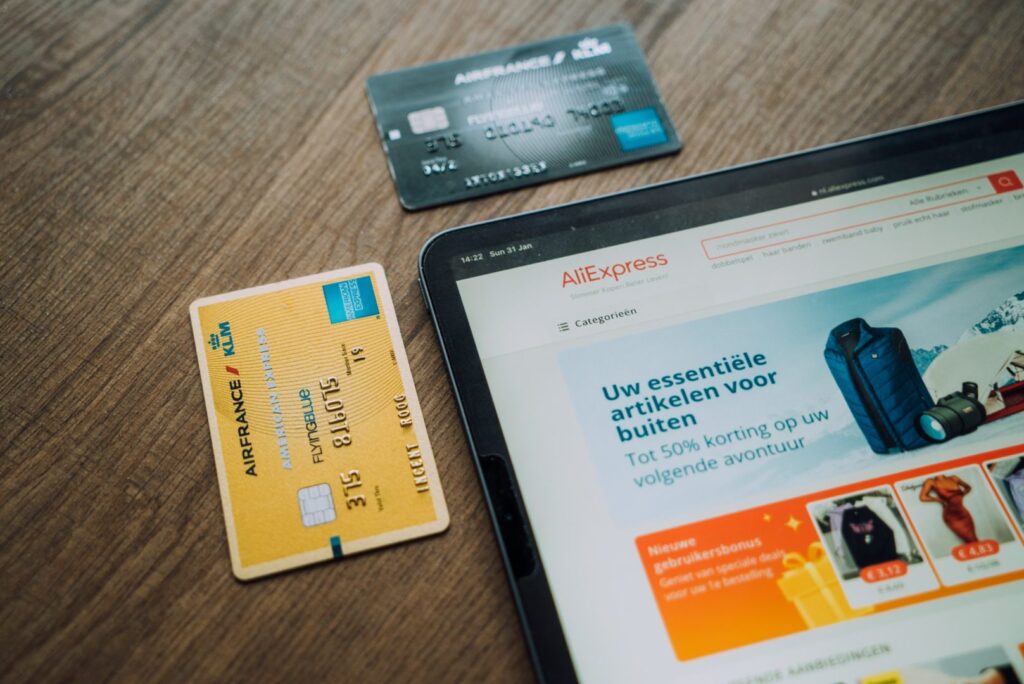Technology has many effects on our day-to-day lives, especially when we talk about online shopping. It saves both money and time.
But when we disregard the advantages, online shopping can be a source of financial scams or hacker attacks. We can get in real trouble, especially if we allow our little ones to use our bank accounts online.
You don’t want to end up on the news as a mom or dad whose child spent your whole life savings for some silly game. So, in this article, we’ll look at how children should be responsible and safe while shopping on the Internet.
What is Responsible Online Shopping
To be responsible online shoppers, your children must look at many factors, such as the quality of the product, price, and popularity of the product. For example, your children should value the purpose and quality of the product over the brand and prices.

Don’t get me wrong, popular brands are often high-quality, but sometimes there are cheaper yet more effective options.
When Should I Start Teaching My Child About Online Shopping?
Start teaching your children about responsible online shopping as soon as possible because today’s era demands proper digital skills.
A good time to teach your children about online shopping is when you start letting them use technology on their own.
And don’t forget to teach your children about credit cards and how to use them to pay. Most importantly, educate your children on the dangers of hackers and scammers they can find while shopping online.
How Can I Ensure My Child’s Online Shopping Safety?
Teach your children to pay with your credit cards so you can have an overview of what they spend their money on.
Also, shopping from your home WiFi network is safer than public WiFi, where your children may encounter hackers and scammers. Moreover, you can use parental control apps to control your children’s online spending. Monitoring is key!
How do I Teach My Child to Identify Trustworthy Online Sellers?
Teach your children to choose reputable websites or sellers and avoid the following red flags:

- Incorrect grammar and spelling;
- No or little reviews;
- Unrecognizable seller info;
- Unsafe websites (they don’t have a locked lock icon, or the URL doesn’t start with https);
Teach your little ones to not fall for super cheap prices for normally expensive products. This is good advice for adults too because we also tend to fall for these obvious scams. I mean, who sells phones for $20?
Risks of Online Shopping for Children
As mentioned above, there are many illegitimate websites on the Internet that our children are exposed to while shopping online. Due to this, children can be involved in scamming circles and be at risk of identity theft or other crimes.

Another risk (not related to scammers) is uncontrolled shopping, especially for expensive things that might impress your children’s peers.
How Can I Teach My Child to Make Informed Purchase Decisions?
Teaching your children to be smart shoppers is the perfect way to practice money management.
Children can choose from the various lists of products online and compare them by functionality, quality, brand, and price. Every product comes with a description, so teach your children to be patient and read it.
Also, pointing out the value of money and how hard it is to earn it will make children responsible for the family budget and not insist on buying expensive things.
How Do I Address Impulsive Buying and Temptations?
We have probably experienced our children screaming and throwing tantrums for a toy. Well, imagine if you don’t address that behavior with your children and let them use their own credit cards. They’ll max it out in one day!
So, sit with your children and explain how hard it is to earn money and how unnecessary it is to overspend.
What Should I Do if My Child Falls Victim to an Online Scam?
Shopping online gives our children a pleasant feeling of power, self-esteem, and joy. Due to this, they hardly rarely discover the warning signs of scammer attacks on time.

But that’s why we are here! Here are some tips on how to react if your child falls victim to an online scam.
- Immediately stop any contact with the scammer;
- Call your bank, request security on your bank accounts, and report scamming (if you are not too late, maybe the bank can refund your money);
- Update your security programs;
- Create strong account passwords;
- Report the scam to local law enforcement, Federal Trade Commission (FTC), and other legal agencies that provide protection;
Sometimes children can pay for an original product but receive a fake one. If this happens, you can report that seller to Trading Standards or ask for e refund.
Lastly, if you don’t receive legal help, you can post the sellers and social media and let the embarrassment eat them.
Conclusion
Online shopping is a privilege our children have. Teach them to be responsible and smart shoppers and to value the money they spend.
Moreover, you can introduce your child to your work and your efforts during the day to maintain income.
Lastly, you can always shop together with your children. It’s fun because you don’t waste any time trying on clothes!
FAQs
How can I determine if an online seller is trustworthy?
You can determine if an online seller is trustworthy by recognizing these red flags:
- No verification;
- Untrusted website;
- No or little reviews;
- Reviews from fake accounts;
- Sketchy URL;
What should I do if my child becomes a victim of an online scam?
Firstly, stay calm and collected. Then stop any communication with the scammer and call your bank to protect your bank account, create strong passwords, and report it to legal agencies such as Local Law Enforcement or Federal Trade Commission (FTC).
How do I handle disagreements with my child regarding online shopping rules?
Practicing patience with our children’s shopping habits is tempting but worth trying. Maintain open communication with your children and point out the consequences of their actions.
Should I monitor my child’s online shopping activities?
Yes, you should monitor your child’s online shopping activities.
How can I encourage sustainable online shopping choices in my child?
Show your children how hard it is to earn money. That’ll make them think twice before going for the most expensive option.
ALSO READ: What To Do if Your Child Receives an Inappropriate Picture







